Martial Peak Reviews
Theophilus Monroe's Rise of the Morrigan is a captivating exploration of myth, identity, and power, weaving together elements of Irish mythology with a fresh narrative that challenges traditional gender roles and the nature of divinity. This novel is a compelling addition to the fantasy genre, offering readers a rich tapestry of characters and themes that resonate with both ancient lore and contemporary issues.
At the heart of the story is the Morrigan, a goddess born from the fusion of three girls by the Dagda, a god who seeks to create a divine consort. However, the Morrigan is anything but a compliant creation. Monroe crafts her as a complex character, imbued with strength, independence, and a fierce determination to carve out her own destiny. This portrayal is a refreshing departure from the often passive roles assigned to female deities in mythology. The Morrigan's journey is one of self-discovery and empowerment, as she seeks to assert her autonomy against the very god who created her.
The theme of defiance against patriarchal control is central to the narrative. The Morrigan's struggle against the Dagda's expectations is symbolic of a broader fight for female agency. Monroe skillfully uses this mythological framework to comment on contemporary gender dynamics, making the story both timeless and timely. The Morrigan's quest to win the heart of a mortal, Cú Chulainn, adds another layer to her character, showcasing her vulnerability and desire for connection amidst her divine power.
Cú Chulainn, the mortal warrior with dreams of becoming a bard, serves as a poignant counterpoint to the Morrigan. His character is richly developed, embodying the tension between destiny and desire. Monroe's portrayal of Cú Chulainn is nuanced, highlighting his internal conflict as he grapples with his werewolf-like transformation, the ríastrad, and the expectations placed upon him by his king. This duality in his character—warrior and poet, beast and man—mirrors the Morrigan's own struggle for identity and control.
The relationship between the Morrigan and Cú Chulainn is central to the novel's emotional core. Their interactions are charged with tension and longing, as both characters seek solace and understanding in one another. Monroe's writing shines in these moments, capturing the complexity of their bond and the obstacles they face. The Morrigan's pursuit of Cú Chulainn's heart is not merely a romantic subplot but a crucial element of her journey towards self-realization and power.
Monroe's prose is both lyrical and evocative, drawing readers into a world that is at once familiar and fantastical. The author's deep understanding of Irish mythology is evident in the rich detail and authenticity of the setting. The novel's pacing is well-balanced, with moments of introspection and action seamlessly interwoven to maintain engagement. The narrative's structure allows for a gradual unfolding of the characters' arcs, ensuring that their development feels organic and satisfying.
In terms of thematic exploration, Rise of the Morrigan delves into the nature of power and control, both divine and mortal. The novel questions the legitimacy of authority and the right to self-determination, challenging readers to consider the implications of these concepts in their own lives. The Morrigan's defiance of the Dagda's control is emblematic of a broader resistance against oppressive systems, making the story resonate on multiple levels.
Comparatively, Monroe's work can be likened to other mythological retellings such as Madeline Miller's Circe or Neil Gaiman's Norse Mythology. Like Miller, Monroe reimagines a traditionally secondary character, granting her agency and depth. However, Monroe's focus on the interplay between divine and mortal realms sets his work apart, offering a unique perspective on the interconnectedness of these worlds.
Overall, Rise of the Morrigan is a powerful and thought-provoking novel that challenges readers to reconsider the roles of myth and identity in shaping our understanding of power and autonomy. Theophilus Monroe has crafted a story that is both entertaining and enlightening, leaving a lasting impact on its audience. For those seeking a fantasy novel that combines rich mythology with contemporary themes, this book is an essential addition to their reading list.
In conclusion, Monroe's ability to blend mythological elements with modern sensibilities results in a narrative that is both epic and intimate. The Morrigan's journey is one of empowerment and self-discovery, offering readers a heroine who defies convention and inspires reflection. Rise of the Morrigan is a testament to the enduring power of myth and the timeless struggle for identity and freedom.
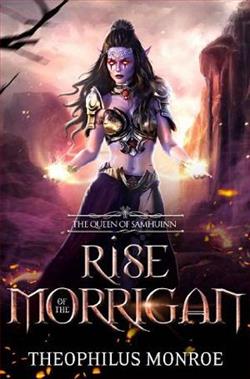



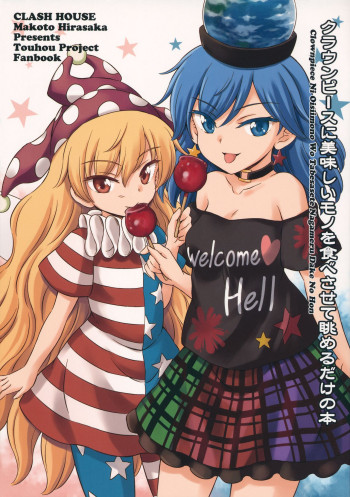
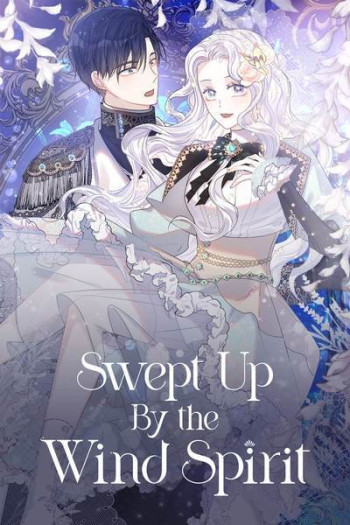
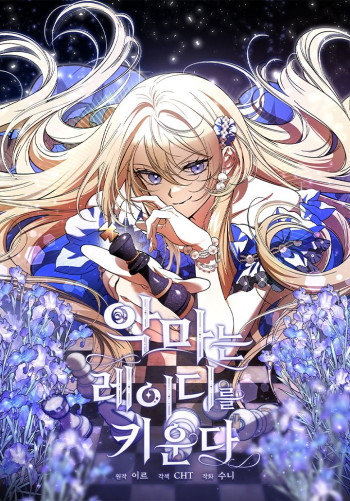
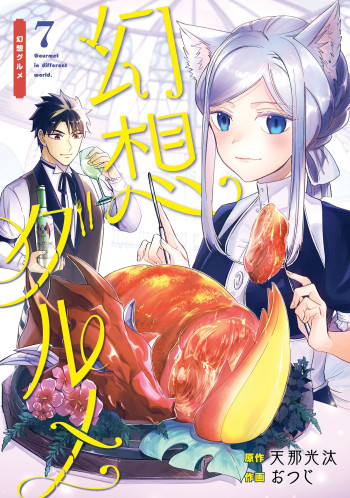
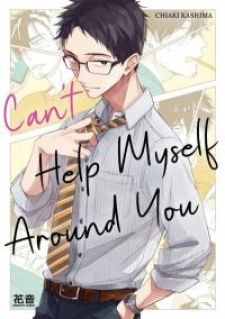

![Trump [Official]](/upload/pic/manga/trump--official-.jpg)
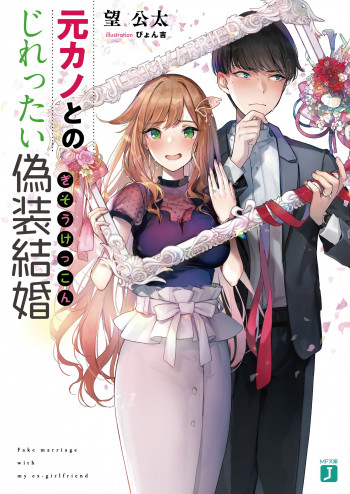
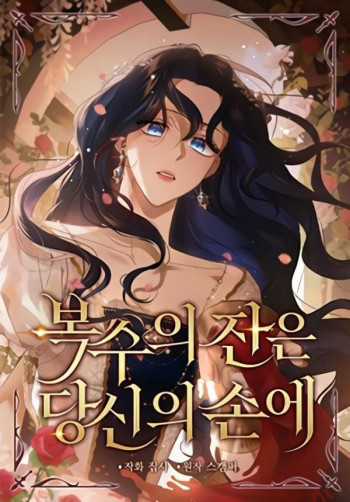
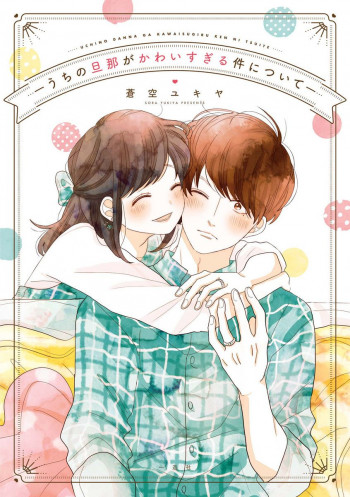










Reviews 0
Post a Reviews: